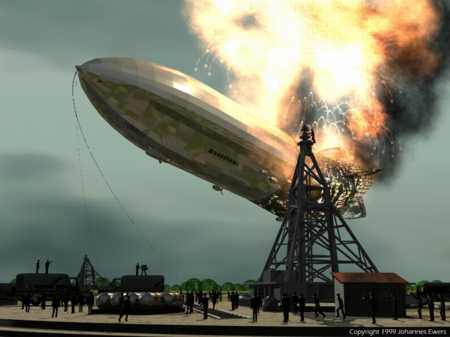

My brother's after converting his car to hydrogen (hopefully he will decide to use a cheap one before attacking his expensive car!) And I'm
having a big doubt that hopefully you guys would be able to settle:
First of all does the injection system squirt a combination of petrol and air?
Secondly he's after a constant feed of around 60psi, is that going to be enough for the average injector and does the fuel pump regulate it along
with the ecu?
I'd like it to work because it looks pretty plausible really
I hope he knows more about engine management than you.
Where will he get hydrogen from?
60psi no problem for the average injector.
Injectors squirt liquid only that vapourises in the surrounding air.
Some ecu,s utilise variable pressure regulators but not variable pressure pumps.
Most aftermarket ecu's do not.
Hydrogen is very dangerous I would not dream of attempting this due to the Darwinian Principle.
remember the hindenberg? that was full of hydrogen...

hydrogen is quite expensive plus difficult to handle & store, you'd be better off using LPG. Most likely it would freeze the injectors solid.
Also due to it being so light, you need absolutely loads of it to give the same amount of energy as petrol or LPG.
[Edited on 3/11/08 by Mr Whippy]
This project is a total non-starter for many reasons. If you want to inject liquid hydrogen, then you have some serious storage headaches to overcome
that haven't yet been fully resolved commercially. To store liquid hydrogen at reasonable pressure you need to cool to to at least -253 °C.
Obviously a petrol injector isn't going to work at those temperatures.
If you are going for a vapour phase storage system, then you are going to have to deal with some enormous pressures in the storage tank if you want to
get further than the end of the road. Hydrogen has a very high amount of energy for it's mass, but it's density is extremely low, so it
takes a large tanks and very high pressure to store the equivalent of the average petrol tank.
[Edited on 3/11/08 by MikeRJ]
says it all really -
quote:
tank has a water volume of 87 liters and is rated up to 3,600 psi. At 3,600 psi, the tank holds 590 SCF of hydrogen, which is equivalent to 1.4 gallons of gasoline.


All I know about engine management is fuel goes in, explosion, noxious gases come out.
He's got some article it's something to do with electrolysis of water ect. He reckons if he can keep a safe pressure of 60 psi going into
the engine the management ect will keep the rest going. On the face of it looks reasonable and he wants to test it first... I'm just arguing to
make sure he doesn't blow himself up or something
Electrolysis of water is a non starter too...there's a lot of crap around the internet about it, but its all just a load of people trying to make
a quick buck, none of it can, or does work at the moment.
(Not saying a proper hydrogen fuel cell doesnt work, but they take more energy to run than you get out of them...its one of those laws of physics that
you just cant get around!)
Tell him to scrap the idea and save himself a lot of time and money and do an LPG conversion instead.
David
Yeah that's what I was saying, I know Honda have a home fuelling system
Making hydrogen on the fly by Electrolysis is a lovely pipe dream, but isn't going to happen. It would require far more energy than the engine
puts out to keep itself running.
The efficiency of a simple electrolysis cell is around 80%, and the efficiency of the engine is no more than 30%. Thus to produce 100bhp from the
engine, would require well over 400bhp to drive the electrolysis cell.
[Edited on 3/11/08 by MikeRJ]